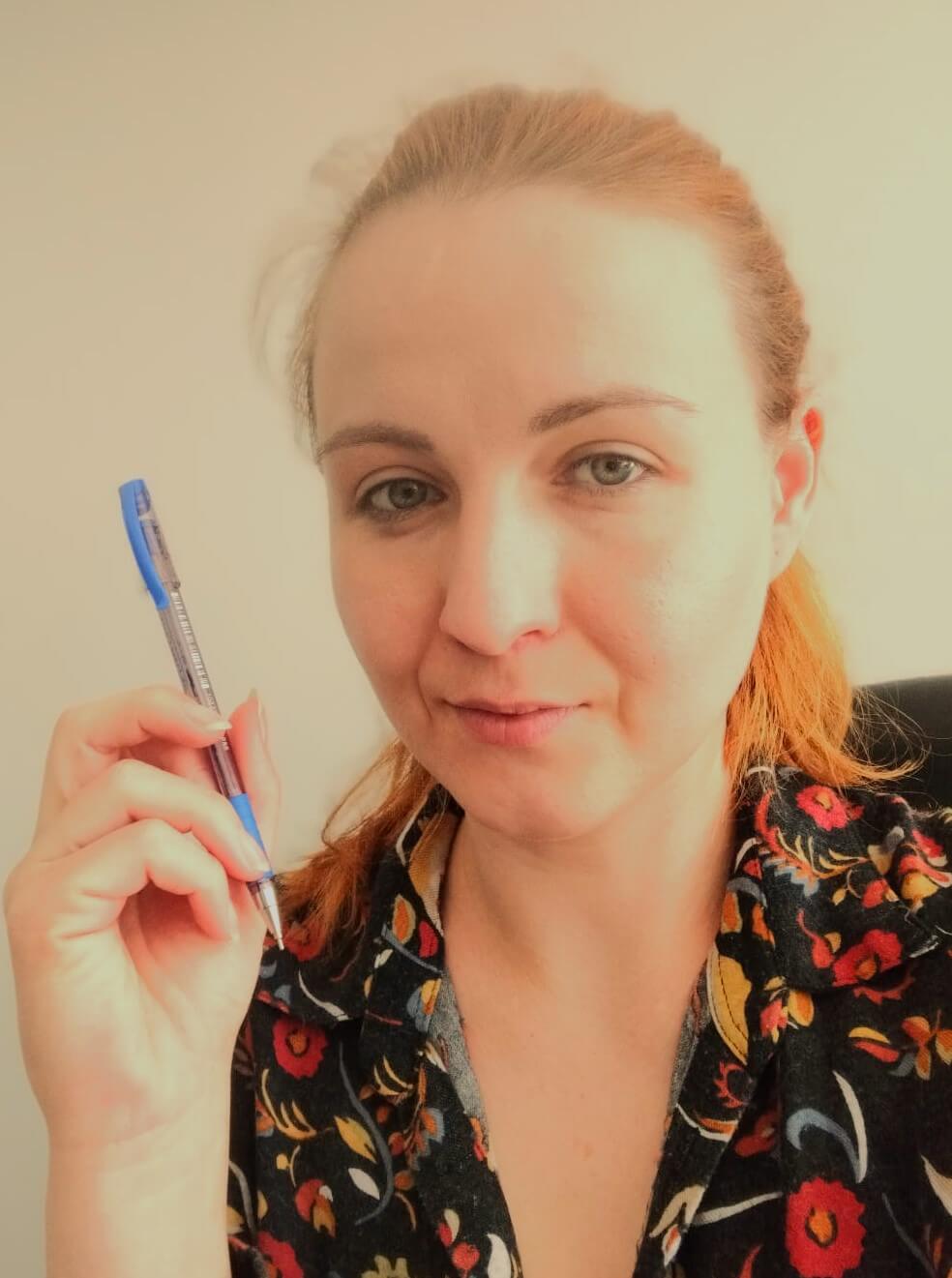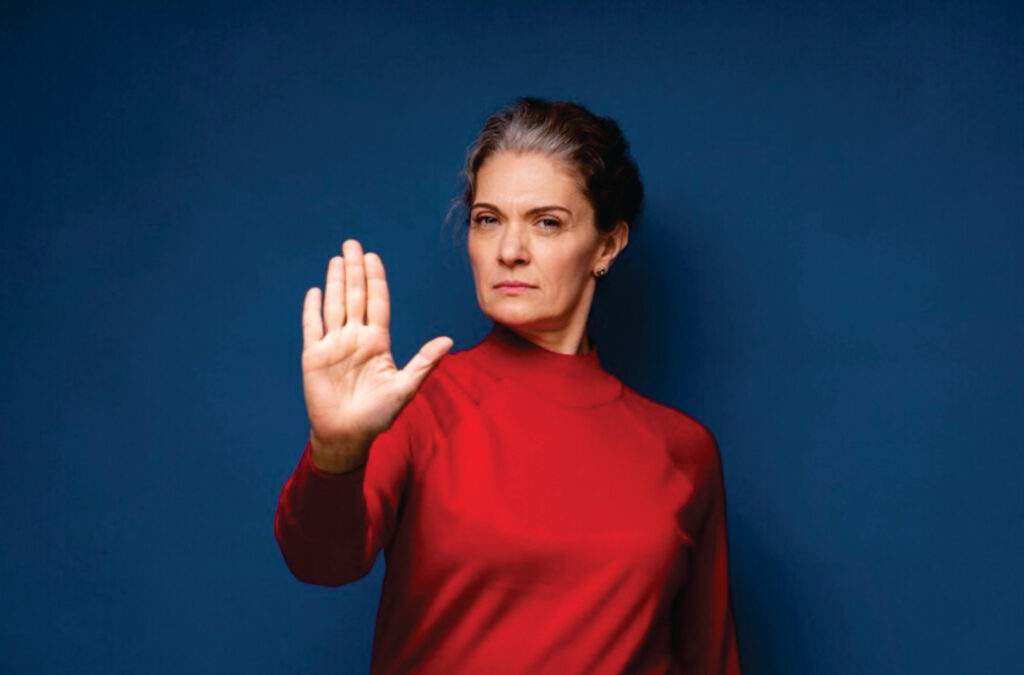The placebo effect and healing power demonstrate the profound impact of belief on health. Many individuals experience real symptom relief even when their treatment lacks active ingredients. This phenomenon extends beyond medicine, influencing motivation, emotional stability, and self-improvement. Understanding it allows people to tap into their mind’s potential to enhance both physical and mental health.
A Harvard Medical School study found that patients taking placebos often report significant symptom relief, even when they know the treatment contains no active ingredients (Harvard Health Publishing, 2022).

How the Placebo Effect Functions
This effect highlights how expectations influence biological responses. When individuals trust a treatment, their brain generates physiological reactions similar to those triggered by real medical interventions. This connection underscores the strong relationship between thoughts and bodily functions.
The Brain’s Influence on Healing
The brain plays a crucial role in the placebo effect. Studies indicate that believing in a treatment’s effectiveness prompts the brain to release neurotransmitters such as dopamine and endorphins. These chemicals naturally reduce pain and improve mood, allowing even inactive substances to bring relief.
Brain imaging studies reveal that placebo treatments activate the same brain pathways as real medications. This suggests that belief alone can stimulate the body’s natural healing mechanisms. Even in the absence of active drugs, strong expectations can contribute to measurable health benefits (National Center for Biotechnology Information, 2021).
A user on a health forum shared how their migraines improved after using a placebo-labeled pill. They initially believed it contained an advanced pain reliever. Even after learning the truth, their symptoms remained less intense, showcasing the power of belief in pain management.
The Role of Expectation and Learned Responses
A person’s expectations strongly shape the placebo effect. Those who anticipate positive results often experience real improvements. This explains why optimism plays a crucial role in recovery.
Past experiences also reinforce this effect. If someone previously took a pill and felt better, they may experience the same relief when given an identical-looking pill, even if it lacks active ingredients. This learned association strengthens the connection between treatment and perceived healing (American Psychological Association, 2020).
The Placebo Effect in Medicine
The placebo effect is widely studied in medicine, especially in clinical trials. Scientists use placebos to determine whether a treatment’s effectiveness extends beyond psychological influence.
Pain Management and the Placebo Response
Pain relief is one of the most well-documented areas where the placebo effect is observed. Research suggests that patients receiving placebo pain relievers frequently report decreased discomfort. This happens because the brain releases natural painkillers, mimicking the effects of real medication.
A study in The Lancet revealed that up to 60% of patients given placebos for chronic pain conditions reported notable improvement (The Lancet, 2019).
In some cases, doctors prescribe placebo treatments when no proven medical solution is available. Many patients experience symptom improvement simply because they trust the treatment process.
The Placebo Effect in Mental Health
Mental health conditions also show a significant placebo response. Studies on antidepressants indicate that some individuals experience mood improvements even when given a placebo. This suggests that belief and expectation play a role in emotional well-being.
Beyond medication, non-drug interventions such as meditation, visualization, and cognitive behavioral techniques have been shown to lower stress and anxiety. When individuals believe these approaches will be effective, their bodies often respond accordingly.
A forum user struggling with anxiety shared how daily meditation exercises, initially done with skepticism, gradually improved their mood. They later realized their belief in the technique was as crucial as the practice itself.
The Placebo Effect Beyond Medicine
Belief impacts many aspects of life beyond medical treatments. Expectations shape confidence, motivation, and productivity. Learning to harness this effect can lead to improvements in both personal and professional success.
Enhancing Physical Performance
Research suggests that athletes who believe they are consuming performance-enhancing supplements often exhibit improved performance, even when given a placebo. This highlights the power of mental perception in physical endurance and strength.
For example, runners who drink a placebo-labeled energy beverage frequently complete races faster. Their expectation of increased stamina reduces perceived fatigue, helping them push beyond their usual limits (Journal of Sports Sciences, 2021).
Boosting Productivity and Focus
The placebo effect extends into workplace performance. Employees who trust their abilities and approach tasks with confidence often achieve higher productivity. Self-assurance enhances concentration, decision-making, and efficiency.
Simple methods such as setting clear objectives, visualizing success, and adopting motivational habits can create a placebo-like effect. These techniques promote discipline and sustain high performance.
A professional shared on a career forum that after adopting a “success mindset” morning routine, they noticed improved work performance. Even before tangible skill improvements, their belief in their abilities led to better results.
Strengthening Emotional Resilience Through Belief
Confidence in one’s ability to handle stress fosters emotional resilience. Those who expect to overcome challenges often experience reduced stress levels. This happens because self-trust creates a positive feedback loop, reinforcing emotional stability.
Belief also plays a role in social interactions. When people anticipate positive responses from others, they naturally project more confidence. This leads to stronger relationships and improved communication skills.

Practical Ways to Apply the Placebo Effect
Understanding the placebo effect enables individuals to use its benefits intentionally. Applying this principle can improve health, productivity, and emotional balance.
Cultivating a Positive Mindset
Training the mind to expect positive outcomes enhances well-being. Practices such as visualization, affirmations, and gratitude exercises build confidence and strengthen optimism.
Developing Success-Oriented Habits
Repeating behaviors associated with achievement reinforces belief in positive outcomes. Whether it’s a structured morning routine, goal-setting, or pre-task preparation, these habits signal to the brain that success is expected.
Utilizing the Power of Suggestion
Thought patterns shape reality. Engaging in positive self-talk, surrounding oneself with supportive individuals, and focusing on strengths foster motivation and self-belief.
Trusting the Process
Confidence in a chosen approach improves results. Whether starting a wellness plan, therapy, or learning a new skill, belief in the process enhances success.
Unleashing the Power of the Mind
The placebo effect highlights the extraordinary connection between thoughts and physical health. The power of belief in healing and everyday life extends into medicine, self-improvement, and personal success. Expectations shape outcomes, directly influencing experiences and achievements.
By consciously applying the placebo effect, individuals can unlock their mind’s potential for transformation. Whether striving for better health, peak performance, or emotional balance, belief serves as a powerful tool for positive change.
For further insights into the placebo effect, explore research from Harvard Medical School (Harvard Health). Understanding how belief influences well-being and self-improvement can lead to a more fulfilling and empowered life.
From Stress to Focus: What Puzzles Can Do for Your Brain
The Role of Hobbies and Creativity in Maintaining Mental Health
Upgrade Your Mind: 23 Media Platforms for Smarter Living

I’m Victoria, the creator behind Eva My Balance. Passionate about beauty, wellness, sustainable living, and mindful self-care. My mission is to inspire you to live consciously and beautifully—inside and out.


